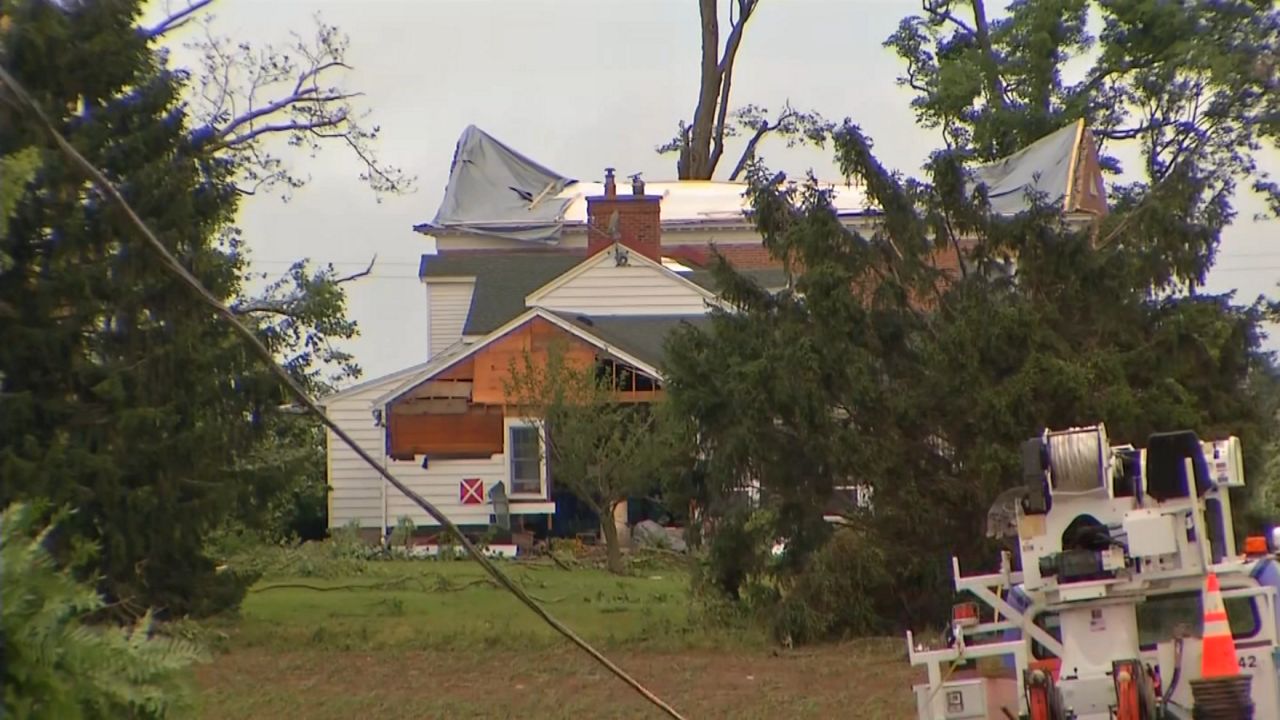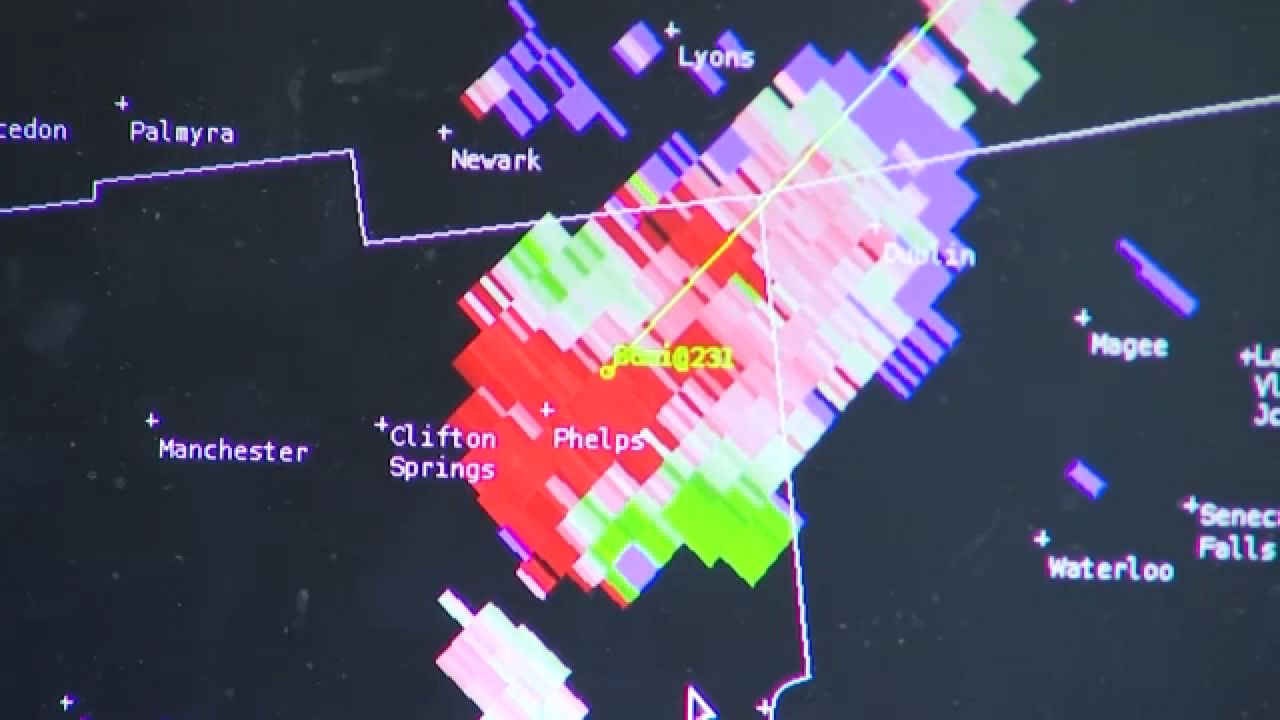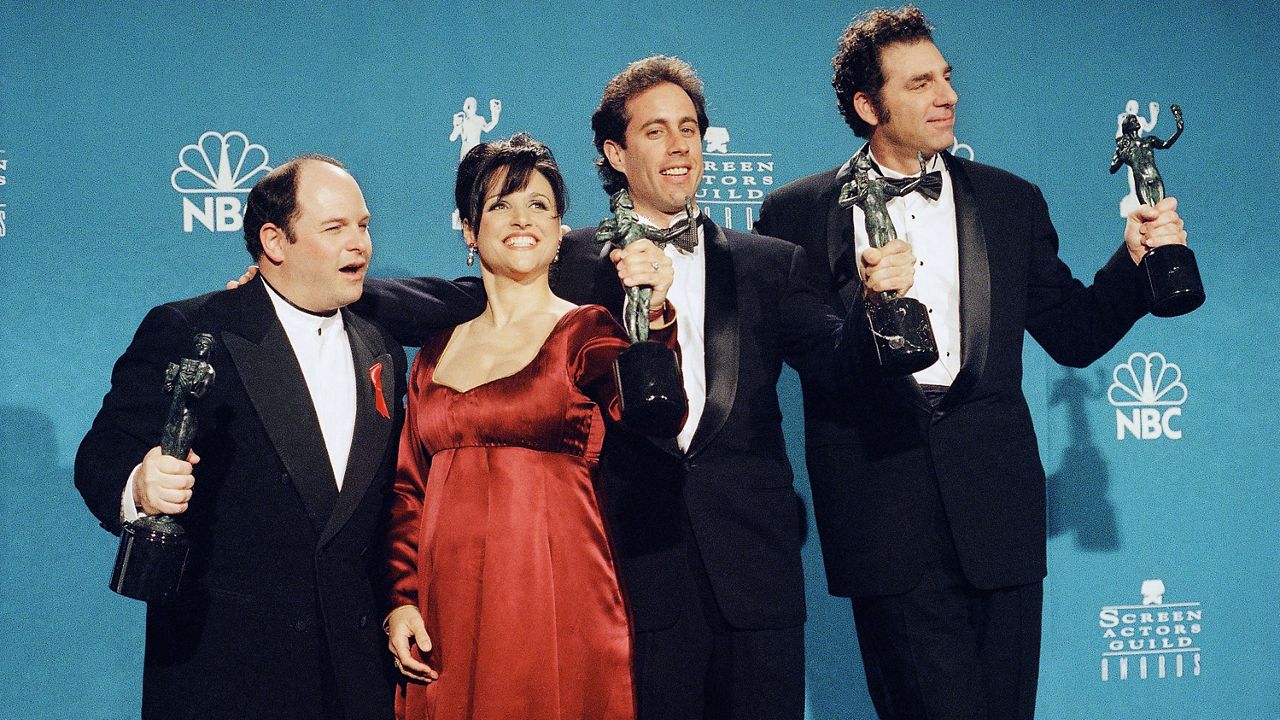The path to American citizenship is not an easy one, and that was before a worldwide pandemic.
Victorio Ferrera has been coming to the Catholic Family Center of Rochester for six weeks to learn civics and English.
“The class is good, the teacher is good. The people in the Catholic Family Center are good,” Ferrera said.
He’s from the Dominican Republic. He moved here to be with his wife four years ago, and has been working towards American citizenship since then.
“I like America, the democracy, America is good for the people, freedom. Better for a job, a good job,” Ferrera said.
The Catholic Family Center – a nonprofit that in part works with refugees and immigrants — offers citizenship preparation classes Mondays and Wednesdays.
They used to be first come, first serve, but now students must register due to COVID-19.
“Classes that we do have here that are in person. We have to keep it very socially distant and small numbers," Alli Risewick, with the Catholic Family Center, said. "And we also have it connected to Zoom.”
The CFC even provides laptops and internet for those that need it. Though Victorio admits virtual learning was a challenge at first.
“I [didn’t] use a computer in my country; for me it’s been difficult,” Ferrera said.
The citizenship process itself has also been impacted.
U.S. Citizenship and Immigration Services offices were closed from March to mid-June, and now there’s a backlog of those waiting for their citizenship interview, and of those who had their interviews canceled during the closure.
“It really has created this longer process in order to have your wait time and scheduled date, and waiting to hear back,” Risewick said.
But Victorio is one of the lucky ones. He has his citizenship interview in Buffalo Monday. And because citizenship ceremonies are currently eliminated due to the pandemic, if he passes, he’ll become a citizen that day.
“I’m a little nervous, but it’s good for me," Ferrera said. "Every day I’m studying in my phone for the application, I’m studying, I’m studying.”
But he’s ready.
“If the office questions me, ‘how many senators do we have in the United States?’ I answer ‘100, two for every state,’ ” Ferrera said.










